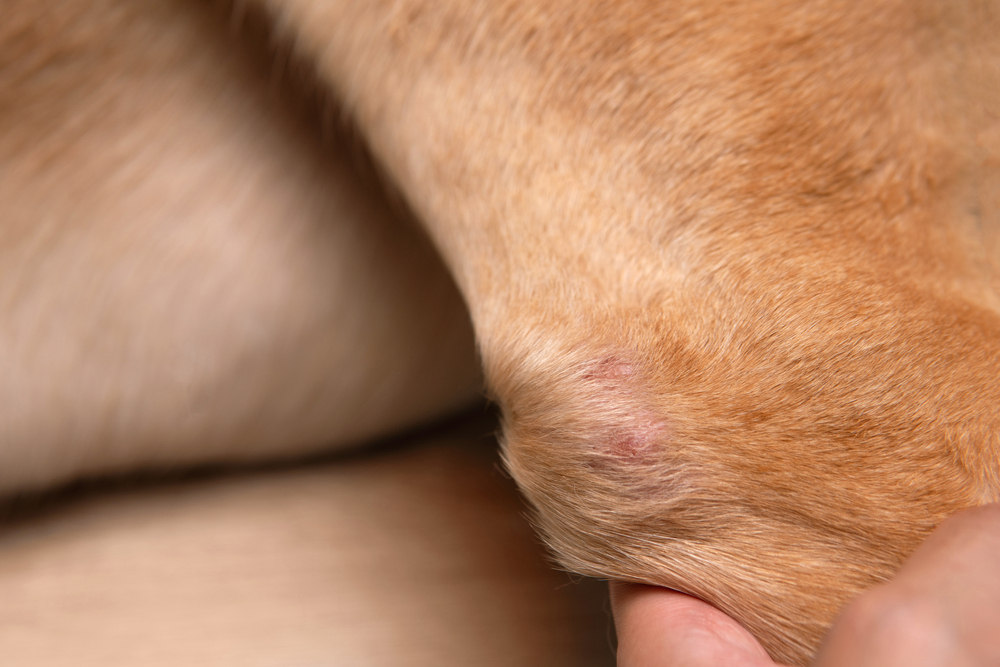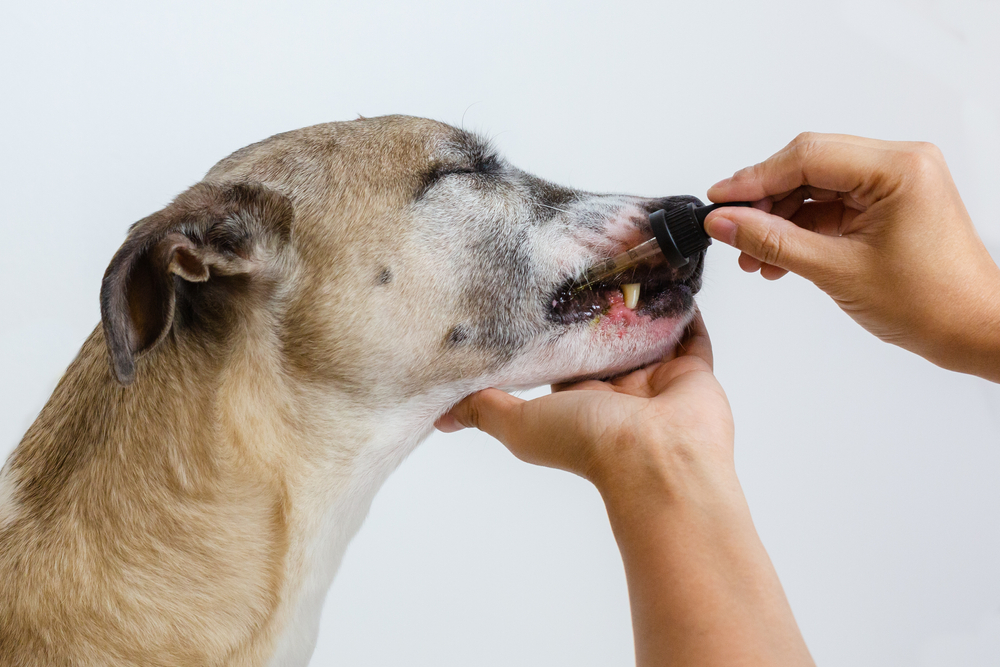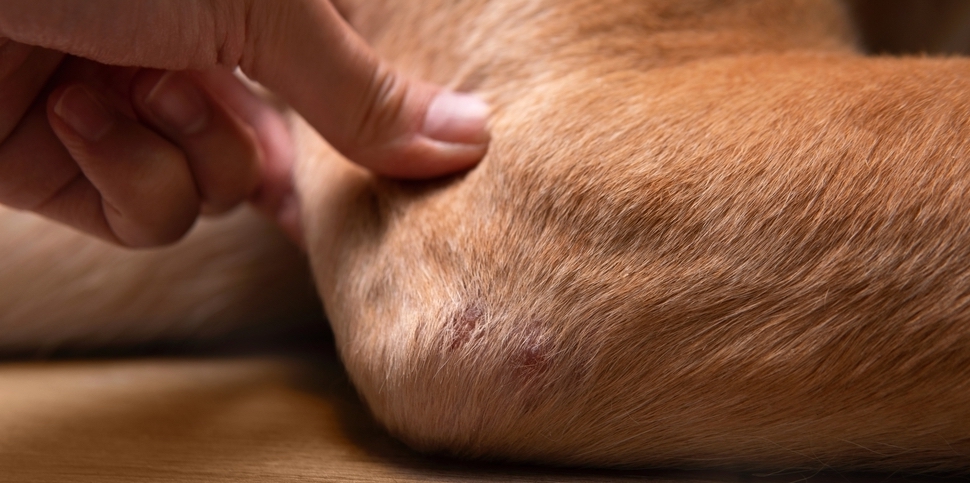Senior Pets & Joint Care: Is It Time for a Mobility Check?

Why Is Joint Pain So Common in Senior Pets?
Signs Your Senior Pet May Be in Pain
• Reluctance to climb stairs or jump onto furniture
• Difficulty standing up after lying down
• Limping or stiffness, especially after exercise
• Reduced interest in walks or playtime
• Excessive licking or chewing at joints
What Is a Mobility Check?
– Examine your pet’s gait and posture
– Evaluate joint flexibility and range of motion
– Look for signs of pain, inflammation, or stiffness
– Discuss any changes in behavior or activity levels
Ways to Support Your Senior Pet’s Joint Health
Weight Management: Keeping your pet at a healthy weight reduces stress on the joints.
Joint Supplements: Glucosamine, chondroitin, and omega-3 fatty acids can support joint health and slow cartilage breakdown.
Low-Impact Exercise: Gentle activities like walking or swimming help maintain muscle strength without putting too much strain on the joints.
Orthopedic Beds: Providing a supportive, cushioned bed helps alleviate pressure on sore joints.
Physical Therapy & Laser Therapy: Targeted therapies can improve mobility and reduce inflammation.















